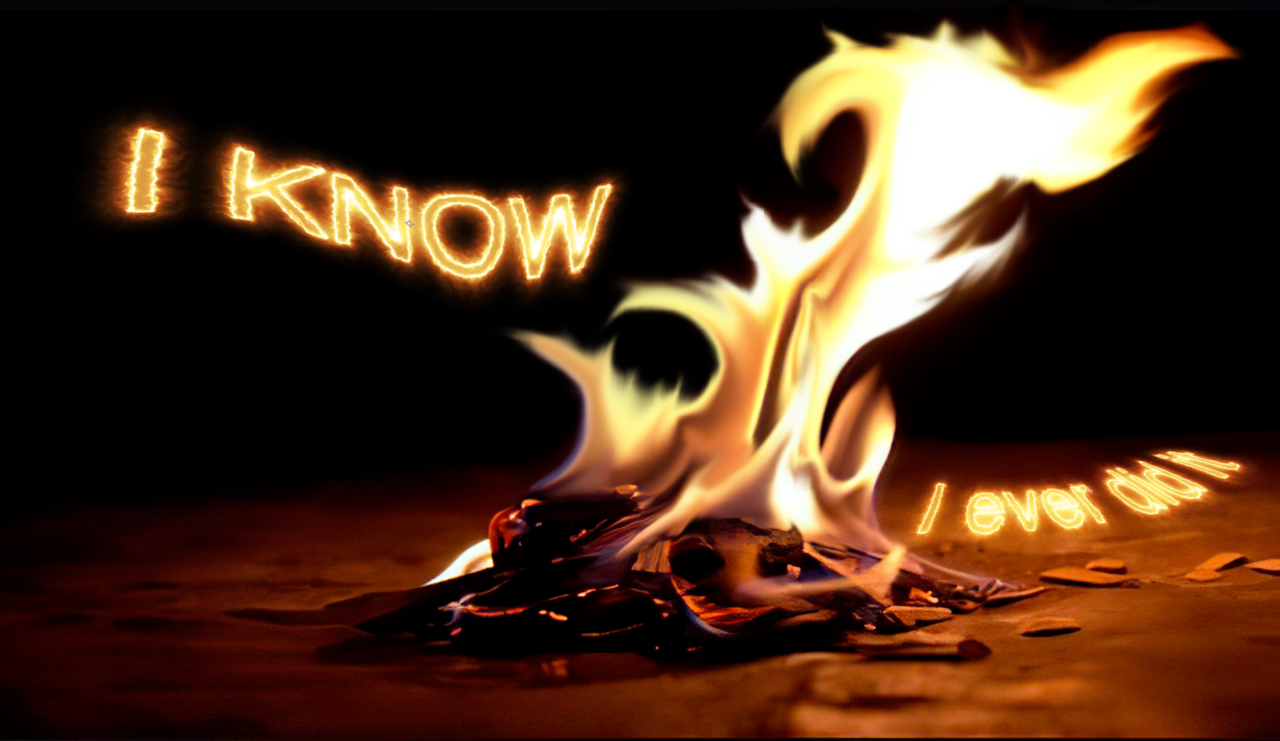An amusing fact that happened today reminded me of an incident that happened a decade ago: in the car with a person, as a newly licensed driver I notice that he did not proceed in the correct manner, the person in question points out to me that I am newly licensed while he has been driving for over twenty years….
The mistake repeated for twenty years gives him the arrogance to claim that he is the one who is in the right…. And I’m talking about a triviality like giving right of way on zebras….
In another situation, discussing with a certified xx technician, multi qualified yy in xx categories he states that it is impossible for a certain Windows problem to exist, because he in his 6 year career has never seen it [an error that Microsoft instead acknowledged and fixed for me].
Very often those who are familiar with a topic can make the mistake of not questioning the correctness of the knowledge.
Personal experience is important, but no one has lived through everyone’s life.
I know many artists in many fields, who while making mistakes achieve miraculous results, and since they have been doing it for over 30 years they are convinced that it is the best method (I do not use the correct term because there could be many nuances), not questioning the fact that they could take less time, less effort, or have more flexibility…
after all, of Leonardo da Vinci only one was born….
How many times in our lives, and I question myself first, has security in our own knowledge, in our own experience, led us to Absolutism?
I for one made this mistake often, then I passed the age of 25 and realized that the world is an infinity in the making, and it is not possible to have the certainties of anything, in any area or situation.
If we think about medicine, from one decade to the next, certain treatments were abolished, because they brought more harm than benefit; think about construction, we used carcinogenic products such as asbestos for decades; think about physics, where you thought you had discovered the smallest element, but thanks to different methods, more sophisticated instruments, or new technologies every few years you discover a smaller element inside.
If we think about the image, until a couple of years ago or so we thought that a bad image could just be thrown away, whereas today thanks to the magic of AI we can refocus blurry images, zoom in by regenerating the details of very small images, intelligently interpolate frames to make ralenties smoother, restore damaged images thanks to neural networks that intelligently and consistently regenerate details, and so on…
I conclude by quoting from the message of a dear friend, who asking me the technically correct for exposure, I had to disappoint him by not knowing how to give him a unique answer, because the tools are only references …
The classic 18% gray card is used to have an exposure reference, an average value to expose the generic human skin, but already going from north to south Italy the skin can be lighter or darker.
Depending on the sensors, the dynamic range, and how it is distributed in the different ISOs, it is convenient to expose one way or the other, to experience the DoP on the camera (as once upon a time exposure tests were done on batches of film taken for film shooting).
Dogmas exist only in religion, in all other areas everything changes, there may be more than we know, more than we can know, or there will be more, which is why constant growth and change is important.
I myself in this blog, as I have learned, as I have discovered my mistakes I have aligned and corrected articles to avoid the propagation of incorrect information.
